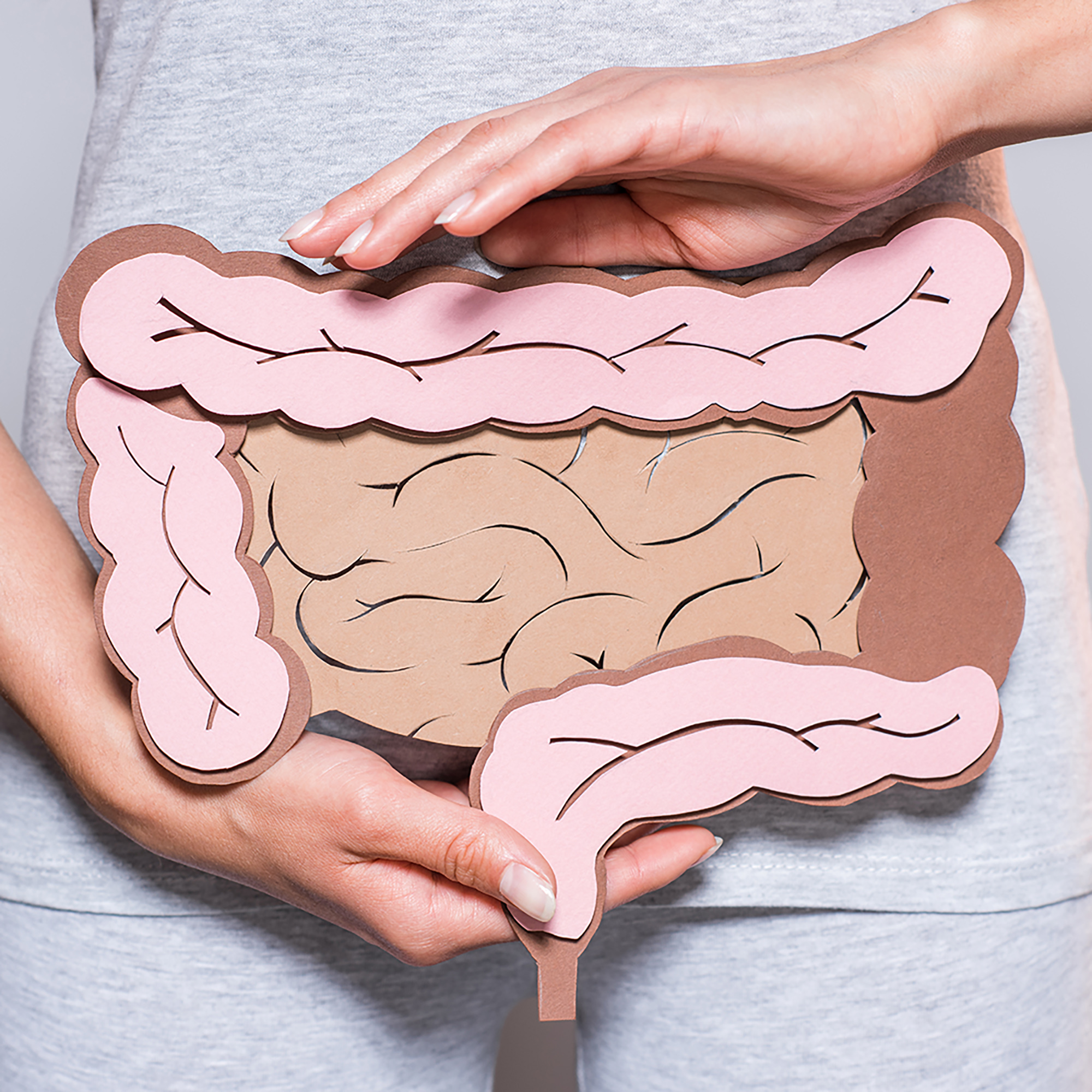
By: Le Ann T.
Year: 2021
School: Arnold O. Beckman High
Grade: 10
Science Teacher: Siu Kong Sit
Chronic alcohol consumption contributes to systemic, multi-organ injury. In addition to multi-organ injury, chronic alcohol abuse has been found to shift microbiome populations in the small intestines. Dihydromyricetin (DHM), a natural flavonoid, significantly reduces alcoholic liver disease (ALD) outcomes following chronic alcohol (ethanol/EtOH) abuse. However, many questions remain about DHM’s multi-targeted therapeutic responses for the prevention of ALD.
This study investigated the efficacy of DHM in modifying gut microbiota populations in comparison to ethanol-fed mice. Collaborators at USC School of Pharmacy conducted a forced drinking alcohol study using C57BL/6J mice alongside daily DHM administration (5 and 10 mg/kg; intraperitoneal (i.p.)). Following ethanol studies, 16S rRNA sequencing was performed on intestinal tissues. Statistical analysis was conducted to analyze the effect of DHM on microbiome populations and diversity using a 2-way ANOVA followed by a Bonferroni’s test. We found that ethanol modified intestinal bacterial phyla, family, and diversity, resulting in increased populations associated with inflammation. DHM-treated mice showed similar gut microbiota distribution to the control, suggesting a reversal of the ethanol-mediated changes in microbiome shifts. Therefore, DHM prevented ALD in mice models, suggesting that DHM can be utilized for multiple targets that reduce the onset of ALD. These findings collectively indicate that DHM can provide protection against ALD and other potential disorders resulting from gut dysbiosis.
We are the first report that DHM shifts microbiome populations after chronic alcohol feeding. Ethanol and DHM modified bacteria involved in inflammation, fatty liver, and gut barrier function. This illustrates DHM’s contribution to protecting against symptoms such as inflammation and lipid accumulation during ALD through mediating the microbiome, suggesting DHM as a potential therapeutic target for ALD treatment.
We found that DHM preserved Bacteroidetes, Firmicutes, and Verrucomicrobia levels similar to water-fed controls. Previous literature report that the phylum Bacteroidetes is associated with pro-inflammation. Bacteroidetes populations were increased in the ethanol-fed controls while DHM administration reduced Bacteroidetes levels, likely contributing to the reduced pathology of ALD. High levels of Firmicutes are associated with obesity and fat absorption. We found that with chronic alcohol feeding, Firmicutes was reduced in intestinal tissues, and DHM administration restored these values.
It has been proposed that Verrucomicrobia includes bacteria beneficial for improving gut barrier function and mucus degradation. A decrease of Verrucomicrobia indicates a weakened barrier in the small intestines, permitting increased entry of inflammatory microbial products. In this investigation, ALD mice had decreased Verrucomicrobia, which was reversed after DHM treatment. Collectively, conservation of the gut microbiome shows evidence of DHM as a therapeutic target for clinical drug development against ALD.
In diversity analysis, ethanol feeding decreased the gut microbiome diversity, and DHM conserved the diversity after chronic ethanol consumption. Since the Shannon and Simpson’s diversity indices differ in how they weigh rare species, the difference in data interpretation suggests that DHM largely affects the rare species. Correspondingly, OTU analysis showed that DHM administration increased unique groups of bacteria.
Our study tested the effect of DHM on the gut microbiota at two concentrations. Administering DHM at 10 mg/kg better preserved gut microbiota after alcohol feeding compared to 5 mg/kg in the family analysis, suggesting potential dose-dependent effects. The differential outcomes of the two concentrations indicate that DHM may induce specific effects in varying doses.
In summary, the development of DHM, a dietary supplement, could benefit patients suffering from ALD through mediation of the gut microbiome and address the lack of available therapies.
